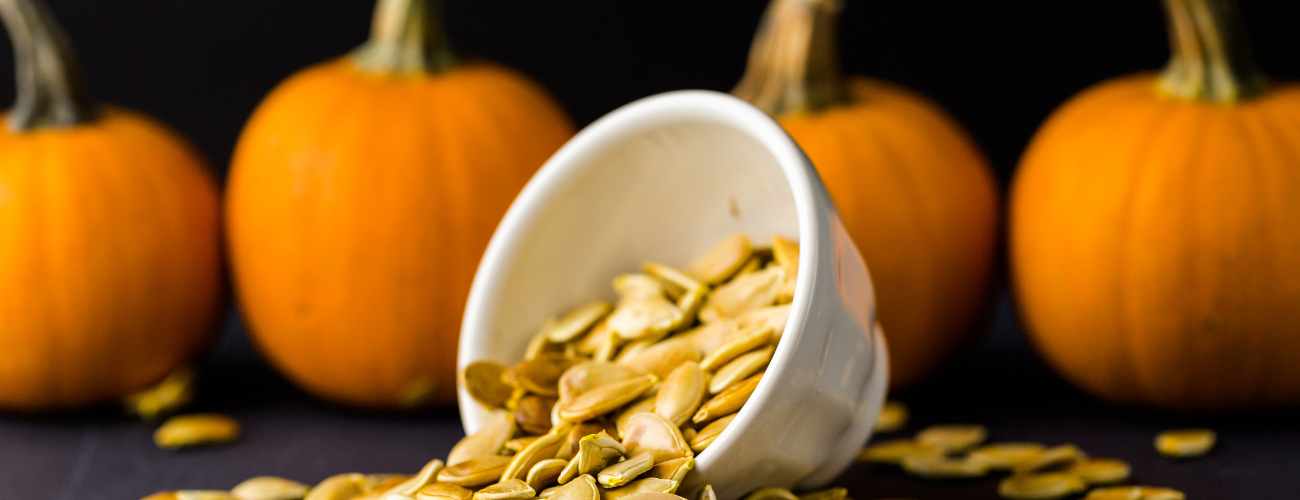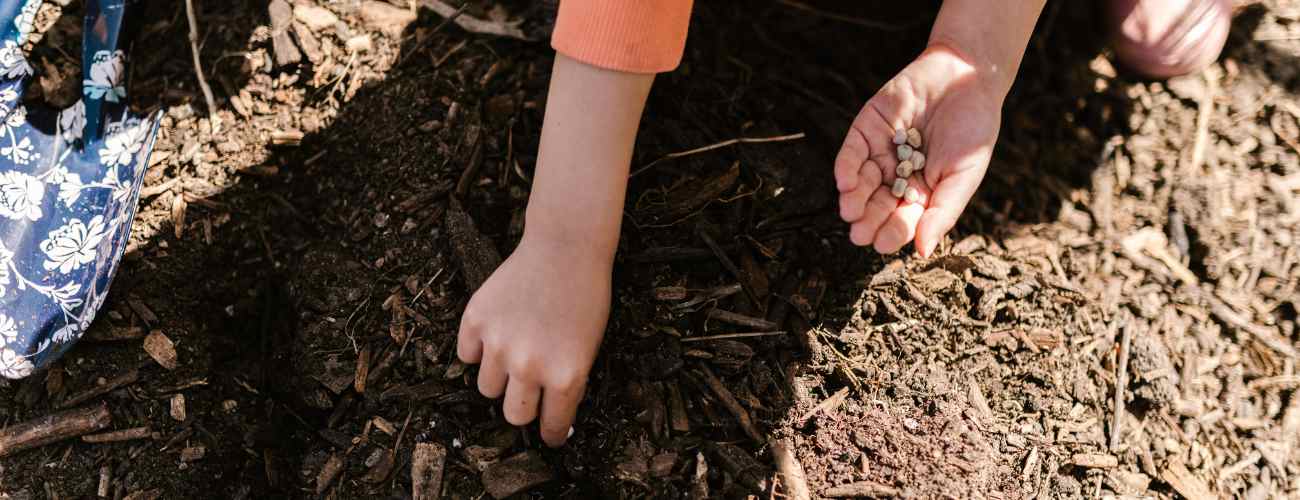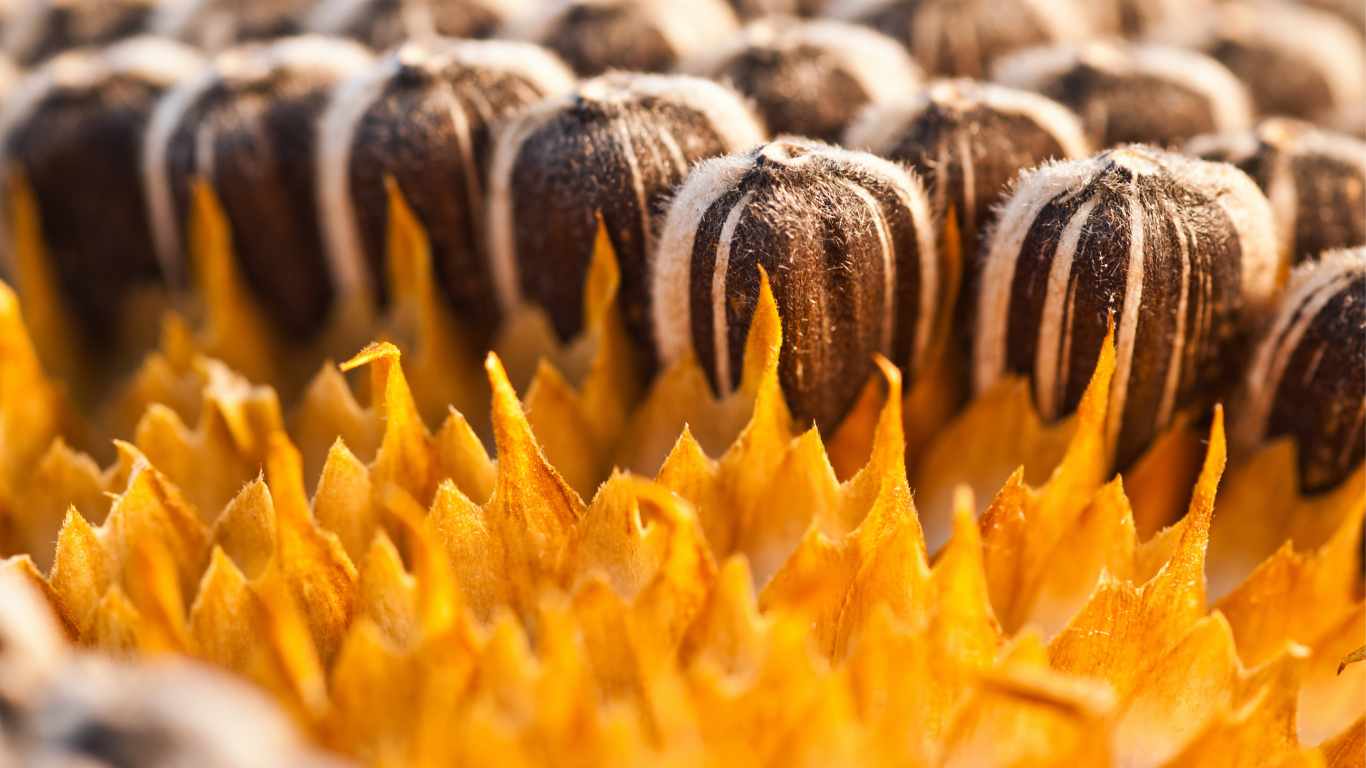Do you ever pause, seed packets in hand, pondering the best choice for your garden’s future? The organic vs. regular seed debate is a common juncture for many gardeners and eco-conscious cultivators. If you’re grappling with this decision, you’re certainly in good company.
Organic seeds originate from plants grown under certified organic practices, without synthetic pesticides or fertilizers, unlike regular seeds, which lack such regulatory constraints and may contain chemical residues.
Let’s delve beyond the basics. Your garden’s success story begins with the seeds you plant, and I’m eager to reveal the layered benefits of organic seeds. Understanding these could very well transform the way you cultivate your green space.
The Natural Choice: Organic vs Regular Seeds
So, what exactly sets organic seeds apart from their regular counterparts? Let’s take a closer look at the farming practices behind them. Organic seeds stem from plants that are nurtured under organic farming methods. These methods are more than just ‘chemical-free’; they embrace an environmentally conscious approach to agriculture. They support the soil’s health, conserve water, and ensure biodiversity is cherished.
These seeds carry the legacy of their parent plants, which have been exposed to natural conditions without the artificial boost from fertilizers or pesticides. As a result, they often boast a robust nature, having adapted over time to thrive in specific growing conditions.
What are the benefits of organic seeds?
The perks of planting organic seeds are plentiful. For starters, they help maintain genetic diversity. In an age where crop varieties are dwindling, each organic seed preserves a piece of agricultural heritage. They also ensure that your garden is free from genetically modified organisms (GMOs), letting you enjoy the fruits (and vegetables) of your labour, knowing exactly where they come from.
Organic seeds also contribute to a healthier ecosystem. By forgoing synthetic chemicals, you’re protecting the soil quality and the beneficial insects that call your garden home, like bees and butterflies. This can lead to a more vibrant, resilient garden that’s in harmony with nature.
Does it matter if seeds are not organic?
Whether or not to go organic is a personal choice, but it’s worth considering the broader impact. Non-organic seeds often come from plants that have been treated with pesticides and fertilizers that can remain in the seeds and potentially affect your soil and health. They may contribute to a cycle of dependency on chemicals that can be hard to break and harmful to the environment.

Understanding the Eco-impact of Seed Choices
Diving deeper into the eco-impact of your seed choices, it becomes clear that the ripples of your decision extend far and wide. When we opt for organic seeds, we’re endorsing a philosophy that looks beyond the immediate. It’s about nurturing the land that feeds us, ensuring that it’s not depleted but rather enriched with each crop cycle. This mindful approach to agriculture means that soil isn’t just a growing medium-it’s a living ecosystem in its own right.
Moreover, the use of regular seeds often involves practices that can lead to soil erosion and loss of native flora and fauna. When we shift our focus to organic seeds, we’re not just avoiding chemicals; we’re actively participating in soil conservation and wildlife protection. It’s a proactive step towards reversing the trend of habitat loss and fostering an environment where natural pollinators and beneficial insects can thrive.
If you are interested to grow your seeds in eco-friendly way, I encourage you to read my blog about how to start seeds in an egg carton. It is a great way to recycle your egg-cartons and eco-friendly gardening.
Deciphering the Organic Seed Label
Navigating the world of organic certifications can be as complex as it is crucial. Here’s a quick guide to help you identify genuinely organic seeds:
- Look for an organic certification label or logo on the seed packet. In the UK, the most recognized symbol for organic products is the Soil Association Organic Certification logo. It typically features a stylized plant with the word “organic” and the certification number.
- If you live in the US, look for the USDA Organic seal: This certifies that the seeds comply with national organic standards.
- Check for a certifying agency’s name: Reliable organic products will often list the agency that certified them.
- Validate the authenticity: If in doubt, a quick online check of the certifier’s website can confirm the legitimacy of the organic claim.
Globally, certifications vary, but they all aim to assure you of the organic quality of your seeds.
For instance, the EU has its leaf-shaped ‘Euro-leaf’ logo, while Canada has the ‘Canada Organic’ logo. Each label carries the promise that you’re purchasing seeds that have been produced in alignment with rigorous organic farming standards.

Cost vs. Benefit: Evaluating Seed Options
When we talk about the cost of organic seeds, we’re looking at more than just the sticker price. Yes, they may pinch the purse a bit more at checkout, but let’s consider what you’re actually buying into. Organic seeds are like tickets to a healthier earth. They’re your contribution to a farming system that prioritizes soil health and biodiversity over the quick fixes provided by chemicals.
Think about the water you drink and the air you breathe. By choosing organic, you’re helping keep them clean. You’re also casting a vote for agricultural diversity, supporting farms that grow a variety of crops, which can be less susceptible to pests and diseases. This reduces the need for chemical interventions.
So, while the upfront cost is higher, the dividends it pays in environmental health and sustainability are priceless.
However, if you have already grown organic produce, the most economical way is to save your organic seeds. I have written blog about how to save your organic vegetable seeds which will help you to do exactly this.
Your Garden’s Legacy: The Seed You Choose Matters
The seeds you choose are more than a garden input; they’re a reflection of your vision for the future. Organic seeds are a beacon for sustainability, signalling a path that respects life’s intricate web. They ensure that the flora in your garden does more than just grow-it supports a thriving ecosystem.
Your garden is a testament to your values, a living mosaic illustrating the world as you see it-one where nature and human endeavours coexist harmoniously. The seeds you plant today are the roots of tomorrow’s environmental heritage.
Armed with a deeper comprehension of organic and regular seeds, you stand ready to make choices that resonate with your gardening philosophy.
Whether you veer towards organic or regular seeds, you’re participating in a global movement towards sustainable living. Each seed planted is a step toward a greener future, and your garden is a living tribute to that journey. Here’s to cultivating with intention and reaping with happiness!



